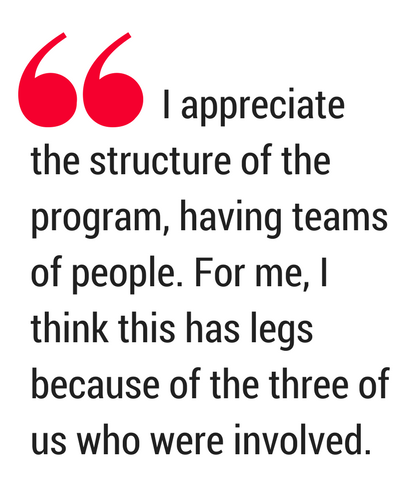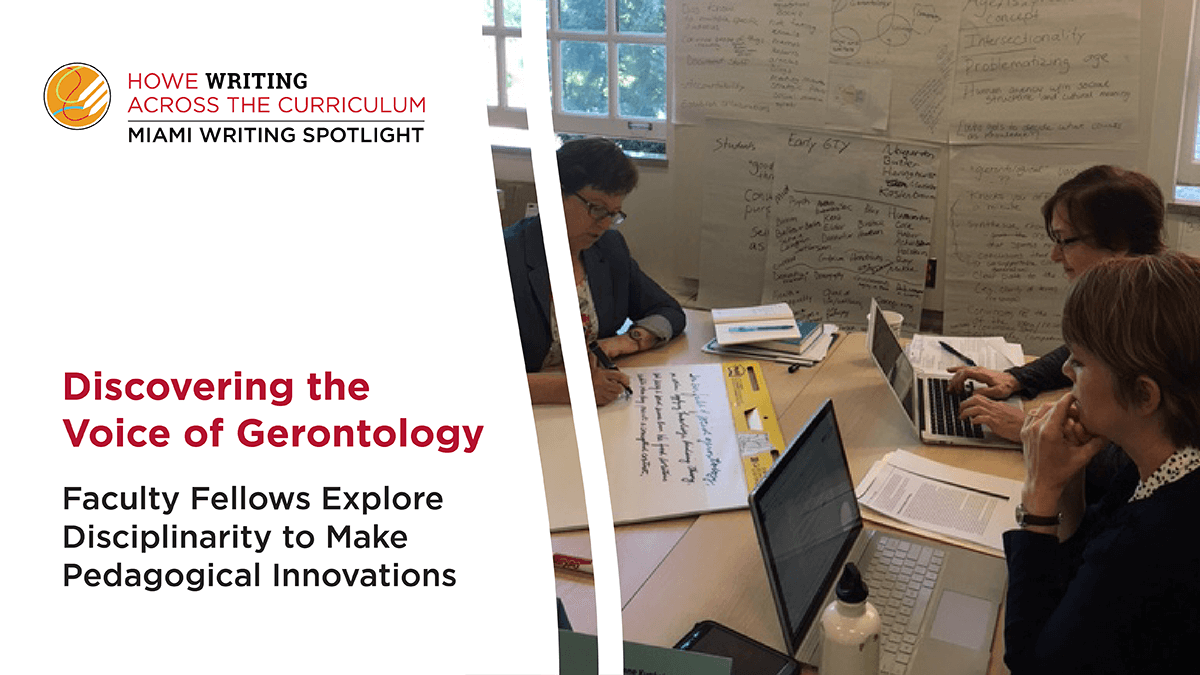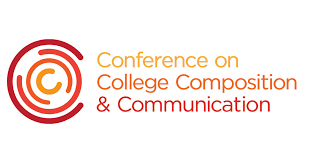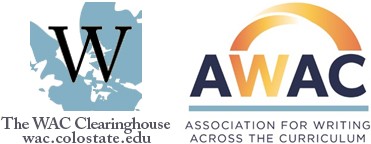Discovering the voice of gerontology: Faculty fellows explore disciplinarity to make pedagogical innovations
This eagerness to “humanize” writing within gerontology—to reveal the often invisible practices, successes, and struggles of individual faculty members—is all part of the effort to teach students the kinds of disciplinary writing conventions that the fellows identified in the summer program.
“What resonates with students and what I've seen resonate with our colleagues are very practical things that they can use,” says Kunkel. “One of our colleagues in the discussion of writing talked about the fact that he uses a reverse outline. Students love that because it's a practical step you can take. One of the other things that a lot of people responded to positively was the idea that you should ask your students to tell you what they think they're supposed to be doing in the assignment.”
Many of the fellows’ pedagogical innovations have been in the vein of what they aptly call the gerontological voice, a concept they brainstormed and defined in the Faculty Fellows program. The gerontological voice is a way of writing that embodies the values of the field, including characteristics like demonstrating respectful authority of existing research and avoiding absolutes.
 “The summer gave me an opportunity to understand what the gerontological voice meant in a structured, important way,” Kinney says, reflecting on her experience.
“The summer gave me an opportunity to understand what the gerontological voice meant in a structured, important way,” Kinney says, reflecting on her experience.
De Medeiros is currently teaching an advanced theory class. She encourages her students to think actively about the gerontological voice by asking probing questions about authors and their perspectives. “I’ll ask my students, ‘Do you think this person is a gerontologist? How do you know?’ They're now becoming very skilled in honing in on things that would point to something that's outside of what we value in gerontology.”
The idea is that, if the values of the gerontological voice are made explicit, then students can better understand what it means to write like a gerontologist, moving into the ways of practicing and writing in the field, which is itself still young and developing.
“The field is absolutely ripe for this discussion,” adds Kunkel about the gerontological voice, “because our field is still relatively new. There's been a lot of: ‘Who am I as a gerontologist? What does that mean and how does that position me?’ This discussion about scholarship and knowledge creation in gerontology using the gerontological voice is a whole new level of discussion, and it’s much more sophisticated.”
The defining of the gerontological voice and its characteristics also made the fellows realize how much their writing values differed from those of the other groups in their Faculty Fellows cohort, who came from history and the Farmer School of Business. For instance, even though the gerontologists share Upham Hall with their colleagues in history, they discovered that what makes “good writing” in history may not be the same as in their own field.
“One of the things that I thought was great about the summer program,” Kunkel observes, “was being in the room together with historians and people from the Farmer School of Business. It was great to have other disciplines represented and to learn from them.”
“That was powerful,” agrees Kinney.
Comparing their own values to their colleagues’ made the gerontology faculty realize how important it was to talk about their own disciplinary writing characteristics with their students. “I'm really starting to think about not only why we do what we do,” says de Medeiros, “but also how we communicate to students how we write in gerontology.”
As the gerontology faculty fellows move forward, they continue to explore how they can innovate in their assignments, activities, and pedagogies to help their students develop their gerontological voices.
As we conclude the interview, one thing that is on the fellows’ minds is the importance of having a structured time to talk with colleagues about their discipline’s values, which the Fellows program provided for them.
 “I appreciate the structure of the program, having teams of people,” says Kunkel. “For me, I think this has legs because of the three of us who were involved.”
“I appreciate the structure of the program, having teams of people,” says Kunkel. “For me, I think this has legs because of the three of us who were involved.”
It was crucial for the fellows to enter the Howe Faculty Fellows program with a team of people who could collaborate well to approach and define the values of their discipline.
“One of the things I would like to reinforce is how important it was for us to have the right three people there doing this,” says Kunkel, looking to her colleagues with her at the table. “We have different perspectives and different backgrounds and do different kinds of research, but all of us have the same level of commitment to the process of thinking and writing and writing and thinking. That made all the difference in the world.”
The Howe Faculty Writing Fellows program gives faculty structured time to work together to learn about the Threshold Concepts of writing, name their own disciplinary values, and innovate pedagogically.
De Medeiros (left), Kunkel (middle), and Kinney (right) proudly display their certificates from the Howe Faculty Writing fellows program
Howe Writing Across the Curriculum Programs
The mission of the Howe Writing Across the Curriculum Programs is to ensure that all Miami faculty and graduate teaching assistants can effectively include writing as a means to support learning in their courses and programs.

 For example, another team member, Associate Professor Kate de Medeiros has been bringing the ideas they developed over the summer back to the classroom. “I'm really starting to think about not only why we do what we do,” she says, “but also how we communicate to students how we write in gerontology.”
For example, another team member, Associate Professor Kate de Medeiros has been bringing the ideas they developed over the summer back to the classroom. “I'm really starting to think about not only why we do what we do,” she says, “but also how we communicate to students how we write in gerontology.”

